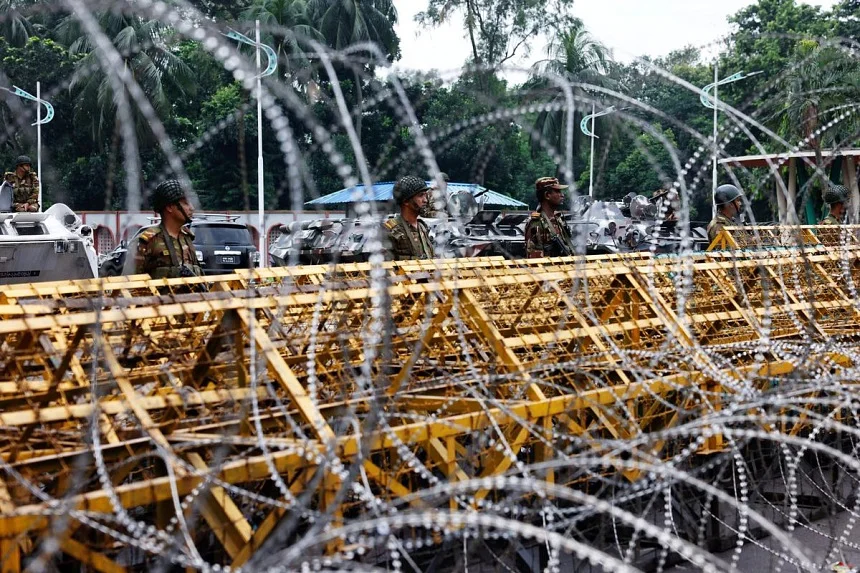Bangladesh’s interim government has officially banned the Bangladesh Chhatra League (BCL), the student wing of ousted prime minister Sheikh Hasina’s Awami League party, declaring it a “terrorist organisation”.
This move responds to escalating demands from the Anti-Discrimination Student Movement. The movement outlined five key demands. These include the abolishment of the current constitution, the removal of President Mohammed Shahabuddin, and the dissolution of the BCL.
The Ministry of Home Affairs cited the BCL’s history of serious misconduct over the past 15 years, including violence, harassment, and exploitation of public resources. The ban under the Anti-Terrorism Act takes effect immediately, it said in a gazette notification issued late on Wednesday.
The country has seen rising tensions and protests in recent months, after violent protests forced Hasina to flee to India on Aug. 5 and an interim government led by Nobel Peace laureate Muhammad Yunus took charge.
Escalating Unrest in Bangladesh
The protests began as a student-led movement against public sector job quotas in July. They escalated into some of the deadliest unrest since the country’s independence in 1971. This unrest resulted in over 700 deaths and numerous injuries.
During the unrest, BCL leaders and activists attacked protesting students and the general public with arms. They killed hundreds of innocent people and endangered the lives of many more, the statement added.
There was no comments from the party while many senior Awami League leaders have either been arrested on accusations of having roles in the unrest or have gone into hiding.
Founded in 1948, the BCL has historically been a significant faction within the Awami League.
Previously, Hasina’s government banned the country’s main Islamic party, the Jamaat-e-Islami, and its affiliated groups under the anti-terrorism law. The government blamed Jamaat-e-Islami for stoking deadly violence during student-led protests. It also accused the party of involvement in alleged terrorist activities linked to their actions against the country during the 1971 independence war.
However, the interim government has since lifted this ban following the fall of Hasina’s government.


![Afghan men search for victims after a Pakistani air strike hit a residential area in the Girdi Kas village, Nangarhar province on February 22, 2026. [Aimal Zahir/AFP/Getty Images]](https://southasiatimes.org/wp-content/uploads/2026/02/gettyimages-2262391441.webp)



